Politics & Government
-
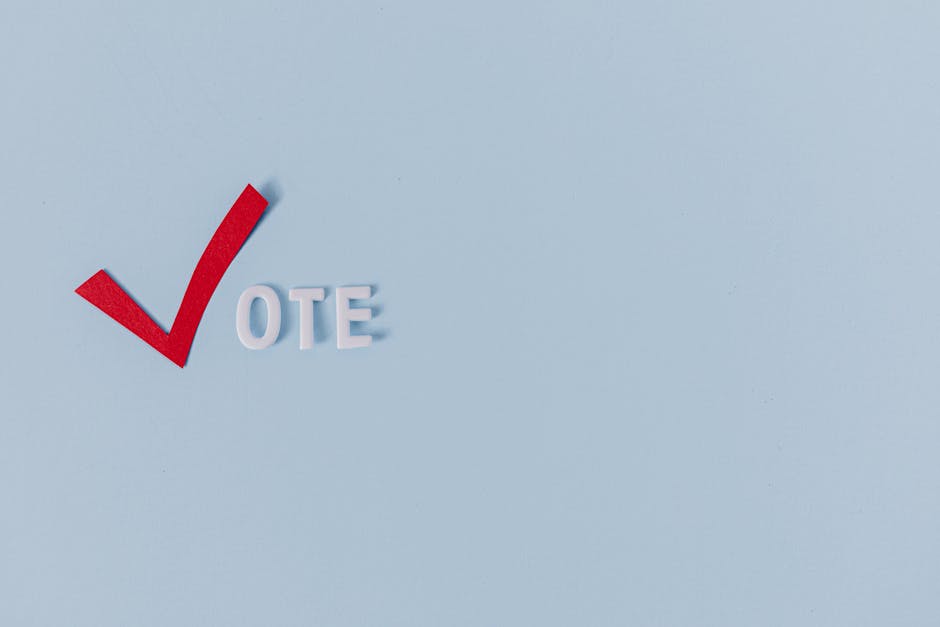
How can political corruption be effectively addressed?
Political corruption, the abuse of entrusted power for private gain, undermines democratic institutions, stifles economic development, and erodes public trust. Its insidious nature necessitates a comprehensive and multifaceted approach to…
-
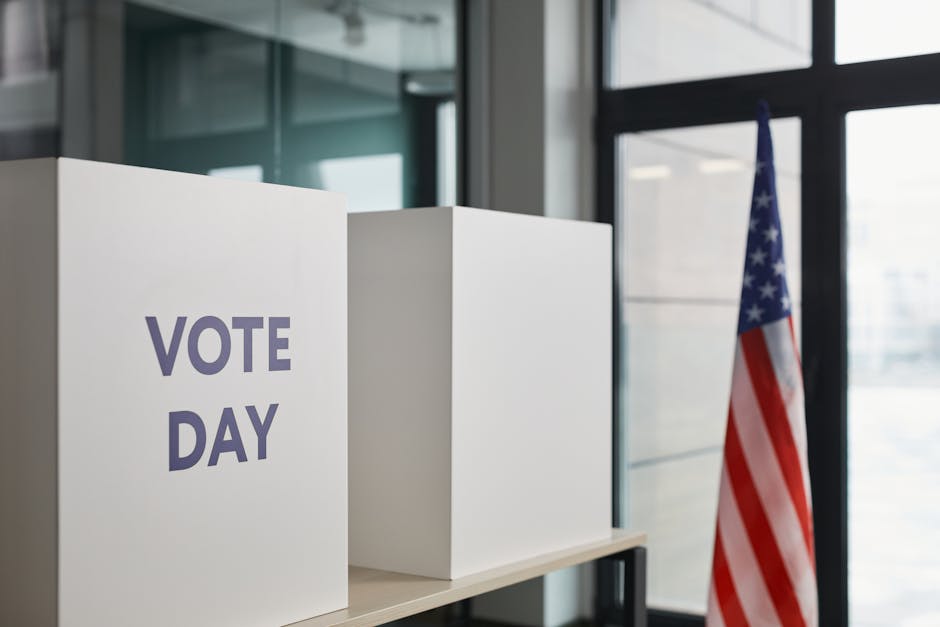
What is the role of bureaucracy in government?
Governmental structures, regardless of their political ideologies or geographical locations, rely heavily on bureaucracy to function effectively. Understanding bureaucracy’s role requires moving beyond the often-negative connotations associated with the term…
-
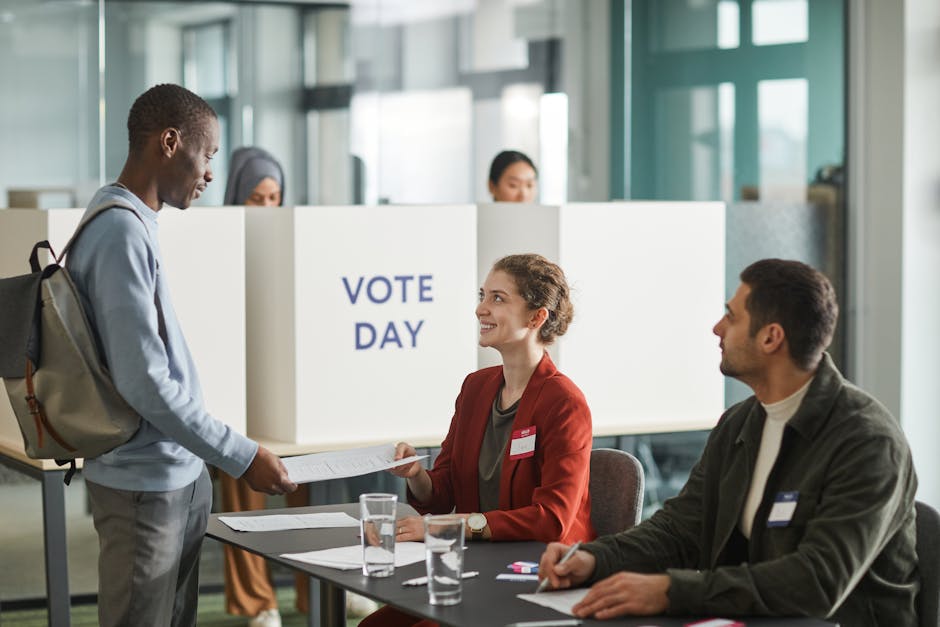
Are term limits beneficial for elected officials?
A primary argument in favor of term limits centers on the perception of reduced corruption. The logic suggests that extended tenure in office can lead to an accumulation of power,…
-
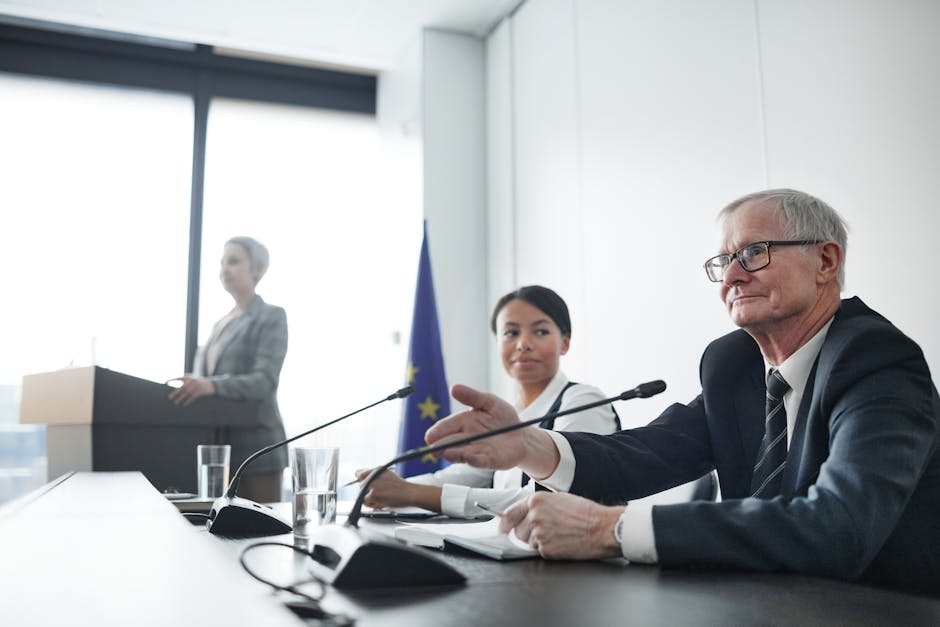
To what extent does the media shape public opinion?
Political discourse and public opinion formation are inextricably linked to the media landscape. Understanding this relationship requires a nuanced exploration beyond simplistic notions of direct causation. While media outlets do…
-
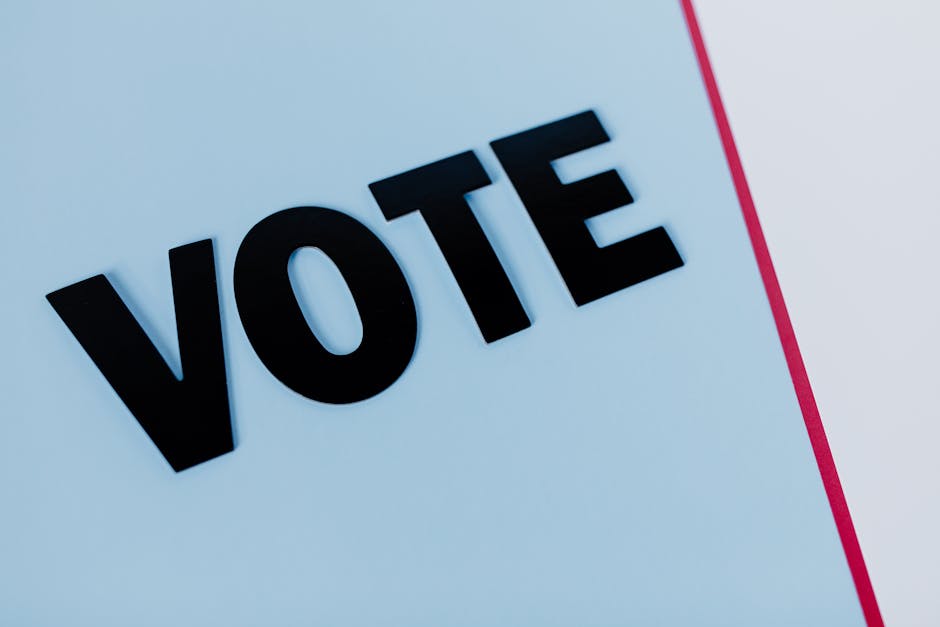
Why do political ideologies differ so much?
A foundational aspect lies in differing conceptions of human nature. Some ideologies, like libertarianism, posit individuals as inherently rational and self-interested actors, best served by minimal government intervention. Conversely, ideologies…
-
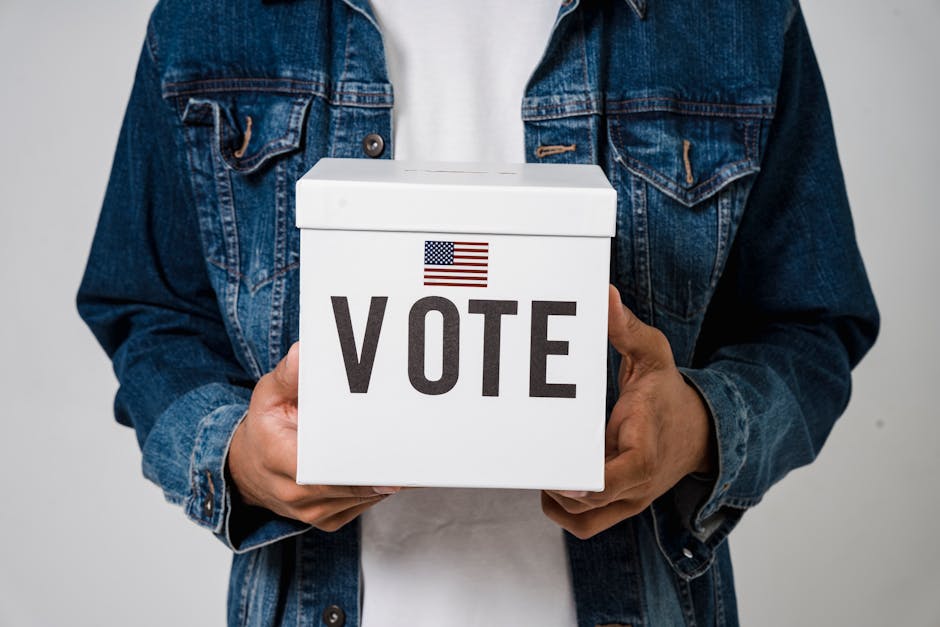
What factors influence voter turnout rates?
A significant determinant of voter turnout is the prevailing political climate. Highly contested elections, particularly those featuring prominent candidates or significant policy debates, tend to draw larger numbers to the…
-
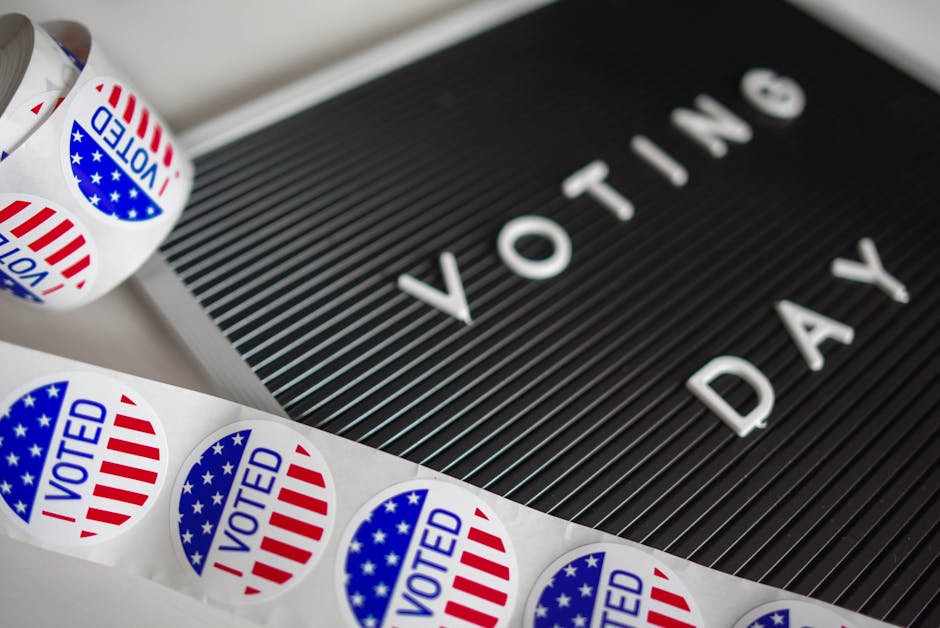
How effective are campaign finance regulations?
A primary goal of campaign finance laws is to prevent quid pro quo corruptionthe direct exchange of money for political favors. Regulations such as contribution limits, disclosure requirements, and restrictions…